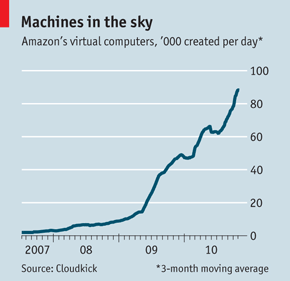Docker: Testing to Prodution
Edwin Fuquen
efuquen@google.com
@efuquen
About Me
- Queens, NY => Florida => Queens, NY
- University of Florida 2004 to 2009
- Grooveshark, Livestream, Getty Images, Bloomberg, and Google
- Backend Development and Infrastructure
- Server Administration to Distributed Systems
- Some Frontend (mostly personal)
- Python, JS/Node, Scala, Java



Managing a Datacenter
- Mid 90's to early 2000's.
- Expensive equipment
- Specialized knowledge
- Time consuming
- Slow to increase capacity
- Not very fun
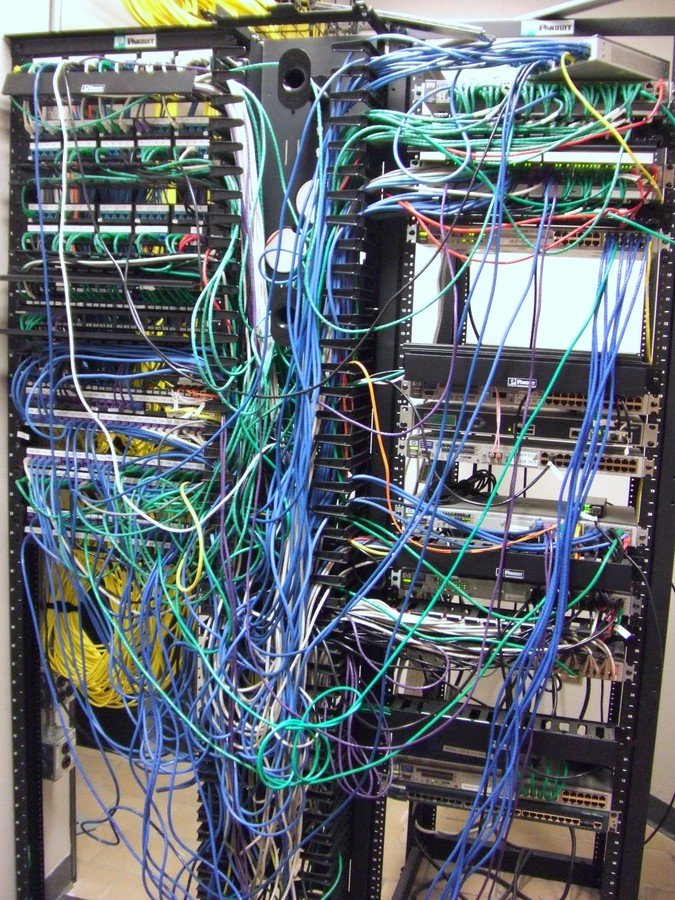


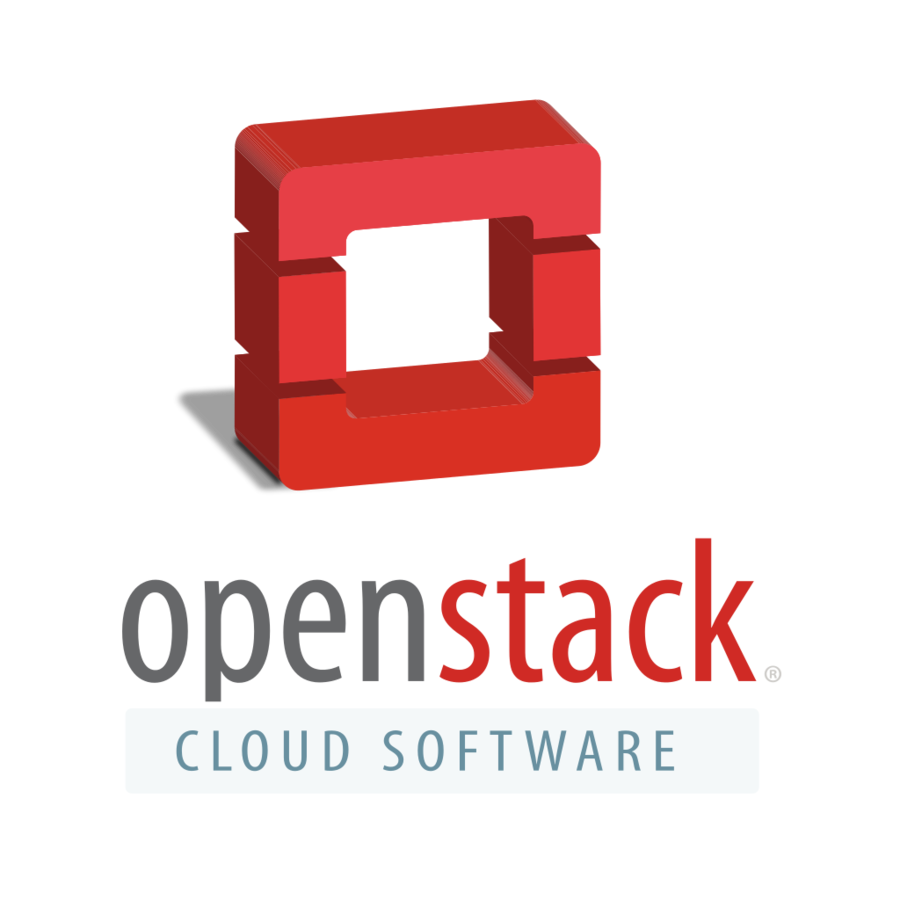
Virtual Machine
- Fully mimics an OS
- Securely isolated from each other
- Many virtual servers on the same bare metal
- Large pool of servers can many more VMs
- Easily balance workloads
The Problem(s)
- VMs need to be configured, complicated
- As software still heavy weight and slow
- Not good for application deployment
- We solve the Ops problem, not the Dev one
Containers: A solution
- A process runs in isolation but with the same OS
- Does not mimic an entire machine
- Done via two mechanisms
- Namespaces - per process resource isolation
- Cgroups - per process resource management
- This provides a completely separate environment for an application without the weight of a virtual machine
Docker
- User friendly command line interface to containers
- Dockerfile - Rules describe what goes in a container
- Layered File System - applies rules to FS, saving final image
- Daemon - Tracks running containers and images

Docker
- User friendly command line interface to containers
- Dockerfile - Rules describe what goes in a container
- Layered File System - applies rules to FS, saving final image
- Daemon - Tracks running containers and images
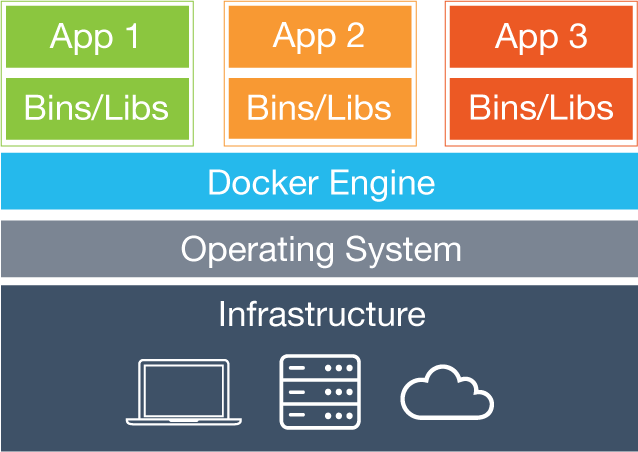
Docker Architecture
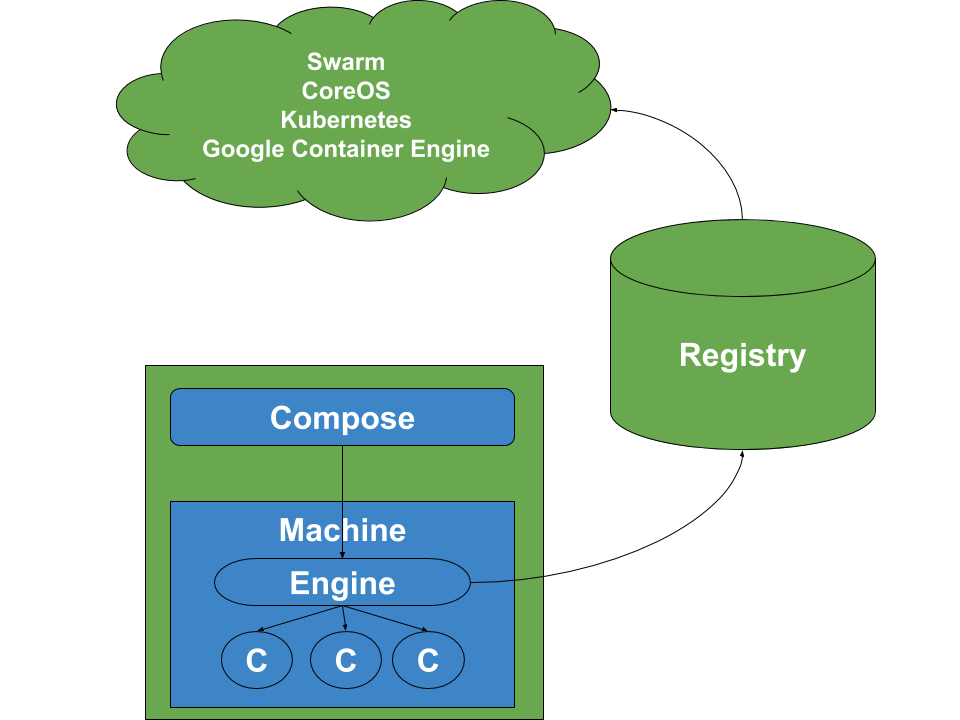
CoreOS
- Linux OS based on Gentoo distribution.
- No package manager and few preinstalled tools.
- The most essential being docker, etcd, & fleetd.
- An OS fully built around managing containers in a distributed, fault tolerant cluster of machines.

etcd
- A distributed key/value store.
- Meant for config data, not high latency/throughput.
- Strongly consistent, very reliable.
fleet
- Uses etcd as distributed config store.
- Runs distributed services on many nodes.
- Uses standard linux service files, but with some customized options
Load Balancer
- Application ip & port are registered in etcd.
- confd gets notified when certain keys in etcd are modified
- Then haproxy.cfg templates get updated with added or removed application ip & port.
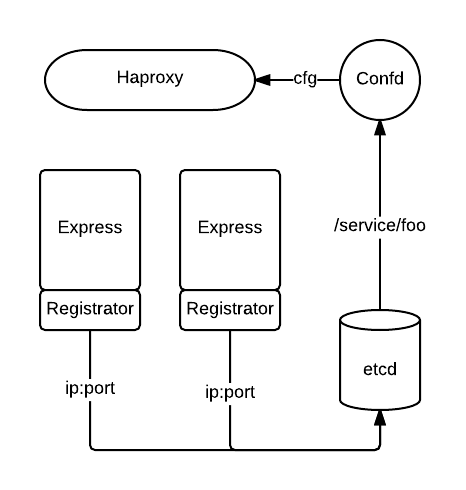
Production Problems
- Many competing cluster/cloud solutions
- Docker, Layered Filesystems, and kernel features all very new. Still maturing and changing rapidly.
- Logging is a mess.
- Security
- No isolation like VMs
- Mistakenly store sensitive information in images.
- Daemon requires privileged control.
- Community has historically not focused on it.
The Future
- Standards: appc, runc, and the open container initiative.
- Will allow container alternatives.
- Docker Compose for production deployments with Swarm
- All the issues mentioned are actively being worked on by Docker & the community.
